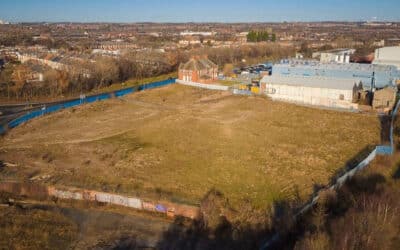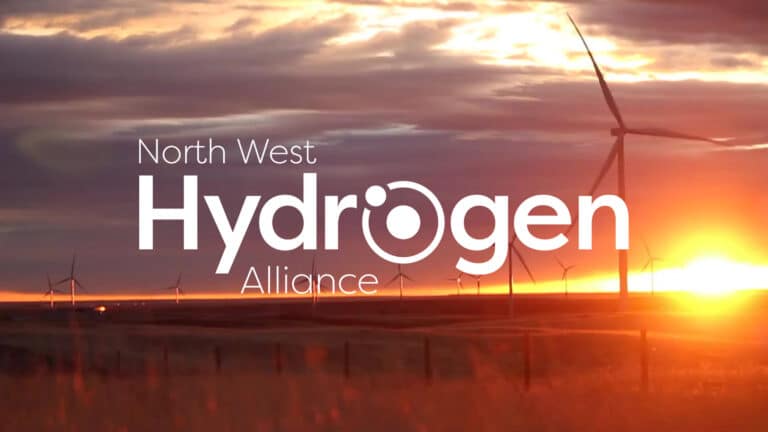A new report from the North West Hydrogen Alliance (NWHA) predicts that the region could see an economic boost of £3.4bn GVA and 11,500 jobs created by 2030 (equating to over 37,000 employment years) from the hydrogen sector.
The report looks to understand the economic impact of hydrogen activity in the North West across the hydrogen value chain – including production, infrastructure and end use – with hydrogen production estimated to have the greatest impact on employment and GVA. Thousands of jobs will be created in construction manufacturing and engineering for building essential hydrogen infrastructure with wider employment impacts to be found in professional services and business roles.
Earlier this year the NWHA revealed that demand for low carbon hydrogen in the North West could support up to 2GW of hydrogen production by 2030 – a fifth of the Government’s target for the whole of the UK.
The North West is one of the first two decarbonised energy clusters given Government backing with HyNet North West selected as a Track-1 Carbon Capture, Usage and Storage (CCUS) cluster. With a number of hydrogen projects already underway including green hydrogen, hydrogen buses, trials of hydrogen in industry and salt cavern hydrogen storage, the North West is set to be the first region to develop a hydrogen market in the UK.
Dave Richardson, Interim Chair of the NWHA and Decarbonisation Solutions Director at Costain said: “The North West stands to benefit hugely from leading the charge on hydrogen. The regional economy is set for a £3.4bn boost with thousands of jobs created in production, infrastructure development and end-use by 2030.
“With projects like HPP1, HyNet and Trafford Green Hydrogen currently underway, there’s already plenty of opportunities to get involved in the net zero transition, whether you’re starting out in your career or looking to transfer skills honed in other sectors. Developing a hydrogen economy will also help safeguard many thousand more jobs as industry in the region switches to this low carbon fuel on their decarbonisation journey.”
The region has some of the most well-developed hydrogen projects in the UK, including HyNet, Trafford Green Hydrogen and Barrow Green Hydrogen, all of which have secured initial government support through cluster sequencing and the Hydrogen Allocation Round (HAR) process. About a quarter of successful projects in the HAR 1 process, totalling 31.5 MW, are expected to be based in the North West. The region also has features that make it an ideal candidate for early hydrogen adoption including salt layers for hydrogen storage, offshore geology suitable for storage of carbon dioxide and a large industrial cluster.
The UK’s first large scale, low carbon hydrogen production plant HPP1 is being developed by NWHA member EET Hydrogen at the Stanlow Manufacturing Complex in Ellesmere Port, Cheshire. With construction expected to begin later this year, the hub could produce 1GW of hydrogen by 2030.
Hydrogen produced in the region is set to play a critical role in decarbonising vital industries in the North West, such as low carbon refining, glass and chemical manufacturing, helping to safeguard thousands of further jobs across the region.
At a glance:
- Over 5,000 jobs in 2030 on a direct basis and almost 11,500 jobs on a direct and indirect basis.
- When considering cumulative employment years, a measure that captures employment impacts over time, the estimated direct and total employment impact rises to almost 17,000 and 37,000 employment years respectively by 2030.
- Annual GVA of almost £500m by 2030 on a direct basis and almost £1,100m per year on a total (direct and indirect) basis.













